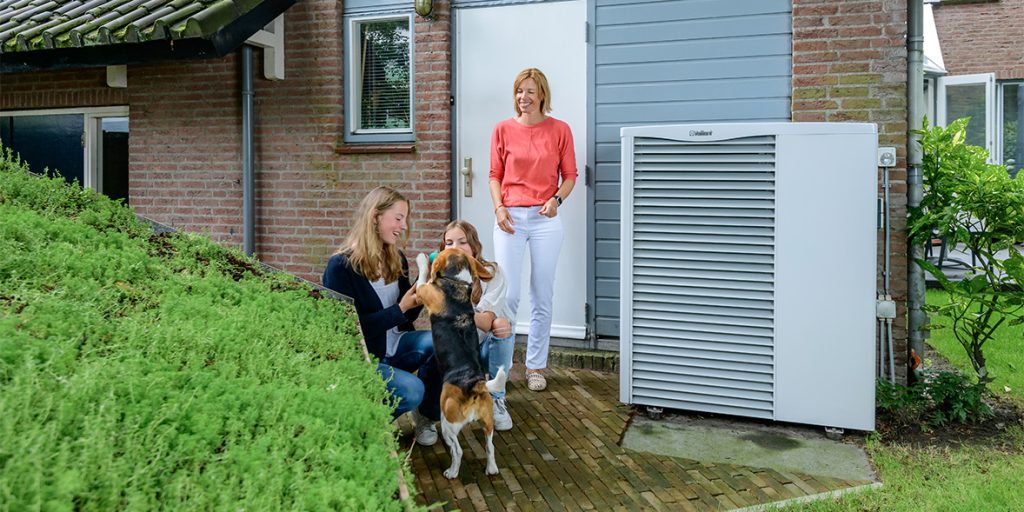When comparing the energy efficiency of water heaters from leading manufacturers, it is essential to understand that efficiency can significantly impact both energy consumption and utility costs over time. Energy efficiency in water heaters is typically measured by the Energy Factor EF or the more recent Uniform Energy Factor UEF, which quantifies how well a water heater converts energy into hot water. Key players in the water heater market include , AO Smith, Bradford White, and Bosch, each offering various models with distinct energy efficiency features. It is, a major player in the industry, offers a range of water heaters known for their high efficiency. Their tankless models, for example, boast a UEF of up to 0.94, meaning they convert 94% of the energy they use into hot water. ‘s hybrid heat pump models are even more efficient, with UEF ratings as high as 3.55. These heat pump models use ambient air to help heat the water, which significantly reduces electricity consumption compared to traditional electric water heaters. ’s commitment to energy efficiency extends to their gas-powered units as well, which are designed to minimize energy wastage and operate with low emissions.

The another leading manufacturer with a strong reputation for energy-efficient water heater brands. Their products include both traditional tank-style and advanced tankless models. AO Smith’s tankless water heaters offer UEF ratings around 0.91 to 0.95, highlighting their efficiency in providing hot water on demand without standby heat loss. Their hybrid electric heat pump models also stand out, with UEF ratings that can exceed 3.0, similar to offerings. AO Smith emphasizes innovative technology in their water heaters, integrating smart controls and advanced insulation to enhance energy savings. Bradford White, known for its durability and performance, also provides efficient water heater options. Their tankless models offer a UEF ranging from 0.82 to 0.93, making them competitive in the market. Bradford White’s focus on manufacturing quality ensures that their water heaters not only perform efficiently but also have a long lifespan, which can lead to cost savings over time. Their line of high-efficiency residential gas water heaters features advanced burner technology and better insulation, contributing to lower energy consumption.
Bosch’s tankless water heaters typically feature UEF ratings between 0.80 and 0.90, and their electric models are designed with energy-saving elements to reduce operational costs and view the page www.jnodenergy.com. Bosch’s commitment to sustainability is evident in their products’ design, which includes features like advanced temperature controls and low standby energy loss. In conclusion, when choosing an energy-efficient water heater, it is crucial to consider not just the UEF ratings but also the overall design and technology of the unit. and offer some of the highest UEF ratings with their advanced hybrid and tankless models, while Bradford White and Bosch provide competitive options with a focus on quality and durability. Ultimately, the best choice will depend on specific needs, such as hot water demand, energy sources available, and budget constraints. Each manufacturer brings unique advantages to the table, so evaluating these factors will help ensure the selection of a water heater that aligns with both efficiency goals and long-term cost savings.
Categories: Business